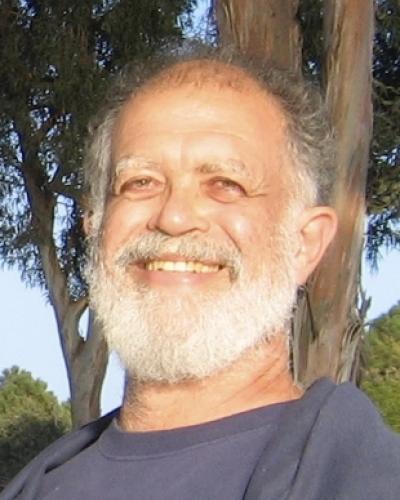Armand Kuris
Professor
Ecology, Evolution, and Marine Biology
College of Creative Studies
College of Creative Studies

- The overall goal of my research is to reveal the role of infectious diseases in ecosystems. Our system for intensive investigation is the salt marshes of California and Baja California, where about 20 species of trematodes parasitize a wide array of invertebrates and vertebrates. Our work indicates that they contribute substantially to the energetics of the ecosystem and substantially alter trophic relationships and the structure of food webs.
- We are developing a theoretical frame-work for the evolution of intimate, durable exploitative interactions (“parasitism”) and evaluating its ecological implications. This includes the first insertion of parasites into metabolic ecology analyses and the discovery of social organization in clones of larval trematodes.
- My research also emphasizes theory in the service of application. Recent examples include:
- Development of the concept of biological control using natural enemies for introduced marine pest species. We are developing theory and testing the safety of parasitic castrators as natural enemies against the invasive New Zealand mud snail in California.
- Biological control of schistosomiasis, a major human tropical disease. We are investigating the efficacy of Louisiana crayfish and native prawns as predators of the intermediate snail host of the urinary blood fluke, Schistosoma haematobium and the intestinal blood fluke, S. mansoni.
Use of information about parasites to assess ecosystem function in wetlands.
External Website/s
Publications
's Projects
Administered by the Marine Science Institute
There are no current projects associated with